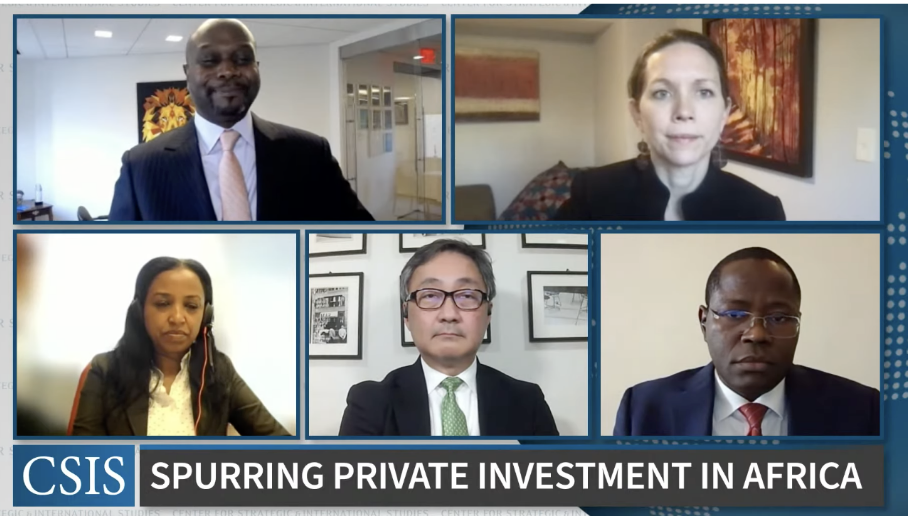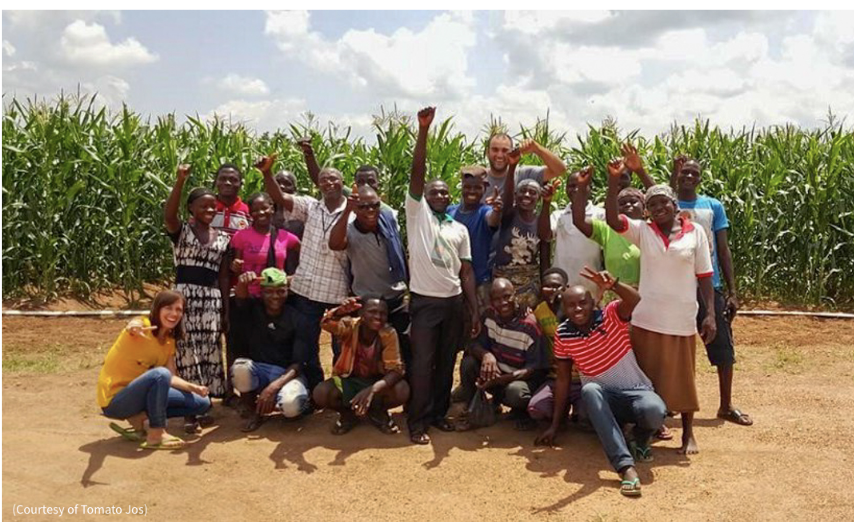CSIS - Spurring Private Investment in Africa
Key Points
The continent of Africa has enormous potential for investment in multiple sectors due to its numerous resources and available population
Investment into Africa can be mutually beneficial, both domestically and for foreign investors, once more research on investments that meet the needs of each country is done
Investment levels do not currently match the continent’s potential due to lack of information and false narratives
Summary
On March 25, 2022, 9:00 am EDT, the Center for Strategic and International Studies (CSIS) brought together a panel of experts to discuss private investment in Africa. The panel was moderated by Mvemba Phezo Dizolele, senior fellow and director of the Africa Program at CSIS.
Dizolele introduced the discussion by explaining that the continent of Africa has tremendous potential in privatized sectors such as renewable energy, mining, agriculture, health care, and technology. Dizolele highlighted appealing characteristics to investment, including the young and growing African population; African youth represent an important labor group if they receive proper training and assistance. After explaining that Africa is an intersection of global demand and supply dynamics, he moved on to the main topic of discussion: that investment levels in Africa do not match the continent’s potential. Dizolele then opened the topic to the panelists, asking them to discuss their involvement in Africa and their thoughts regarding private investment.
Leslie Marbury, acting CEO of Prosper Africa, responded by speaking on her travels to Nigeria and South Africa to focus on increasing investment into the region. She said that one of the main priorities for spurring private investment is to change the narrative in Africa from a place “riddled with death and disease” to a place with immense opportunity. Marbury claimed that with better access to government tools, greater support for policy challenges, and more information on how to evaluate risk with the help from agencies like USAID, many companies in Kenya would be able to expand investment. She finished by noting examples of companies like Google, who has previously invested in Africa, to demonstrate that the continent is beginning to draw attention for its enormous investment potential, as well as show how the continent’s narrative can be reshaped to perpetuate further foreign interest.
Mimi Alemayehou, senior vice president for public-private partnerships at Mastercard Inc., recalled her experience with this organization, pointing to more recent examples of ways to influence investment through business. Alemayehou discussed how Mastercard has expanded its operations in Africa to dozens of markets, mainly due to the digital shift caused by the pandemic, which has allowed for the widened access of governments to do business with investors. Mastercard has partnered with multiple local banks, creating a network of payment assistance for local citizens. Alemayehou reinforced that Mastercard not only wanted to increase investment in the community but also to “invest in the last mile effort” to reach the most marginalized communities. Overall, Mastercard saw a large population not being served as an opportunity for investment, and created financial opportunities such as the “farm pass” to digitize the agriculture value chain. This farm pass ensures that farmers get paid more in value and in a more timely fashion.
Prosper Africa: US and African businesses growing together. Photo: US Embassy in Niger/ Tomato Jos


